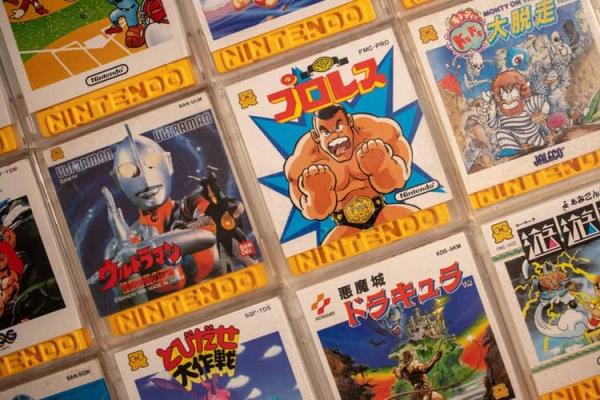Global Warming Is Just as Much of a Problem for Virtual Worlds
- May 2 2019
- 3 min read
Global Warming Is Just as Much of a Problem for Virtual Worlds

We've all played a video game or two at some point in our lives—whether it was as recent as "Mortal Kombat 11"; a modern classic like "Mario" or "Sonic"; or even as old as "Tetris," "Centipede," or "Pong." In April of 2005, the first game in the popular "Virtual Villagers" series was released; and in May of 2009, "Minecraft" became available.
In "Virtual Villagers," the goal was to build an island tribe and help them thrive, all while exploring the secrets of the mysterious island. "Minecraft" is a sandbox game where the player's only objective is to obtain resources to craft with and build the world around them. Enter "Eco," which combines them both.
"Eco" is a multiplayer game about starting a civilization from scratch and progressing it far enough that you can stop a meteor from destroying your virtual world. During this progression, however, you can, unfortunately, have a negative impact on the environment. This includes global warming.
"People, by default, will not consider the group."
Strange Loop Games CEO and "Eco" Developer John Krajewski
Krajewski was talking about "Eco's" players at the start of the game. At this point, each player only has a few simple tools. Everyone seems to only focus on themselves. They chop down trees to build their house with little thought to how this impacts the world around them.
It does, however, impact their world. Knocking down too many trees without replacing them can destroy entire forests. Hunting too many animals can cause extinction. Producing too much carbon dioxide can warm the planet. This all mimics the real planet.
Make less of an impact on your world by purchasing eco-friendly, sustainable products from Custom Earth Promos.
In "Eco's" virtual world, players produce CO2 by making iron, an important resource. Just like in the real world, people don't usually band together to try to solve problems until they realize that there is one. "Eco" lets their players create governments and laws, so a player might simply limit the amount of iron being created, or they may enact government oversight by putting taxes in place that decrease demand.
Create less CO2 by using recycled items, including bags, bottles, notebooks, even umbrellas!
But, "Eco" is meant for more than just entertainment. Strange Loop designed the game for educational purposes. Classrooms, even entire schools, can go have an "Eco" experience together. Krajewski noted a story where one class used all the available trees for housing. The next class, playing on the same servers, found themselves tree-less. They knocked down the other class's houses to obtain lumber for their own.
Studies are also being done with students playing "Eco." This includes asking them if playing this game changes their thoughts on global warming. While traditional schooling can teach kids about climate change and our impact on the environment, "Eco" lets them experience it first-hand.
"Eco" isn't just for school children either. Entire online communities have come together to create their own servers. According to Krajewski, they are realizing the same things as climate scientists—there is no simple solution to solving global warming! It is a complex problem that requires complex solutions. "Eco" gives us the chance to see these causes and effects in a smaller, accelerated, digital world.
"Eco" is available for PC and you can purchase a copy straight from Strange Loop Games or by going to Steam.
Gain access to Orders, Tracking, Custom Options and Much More!